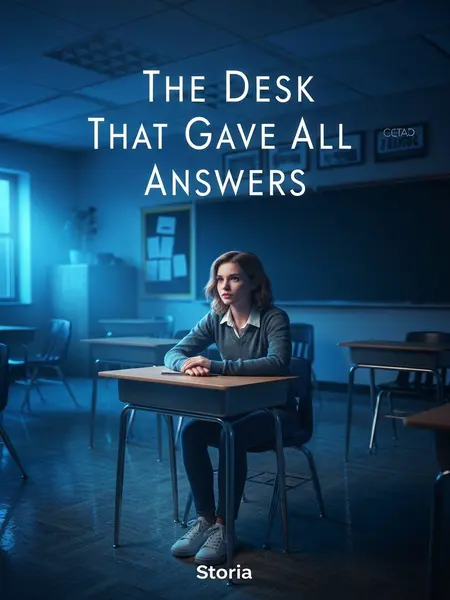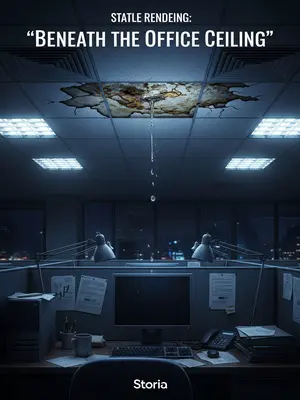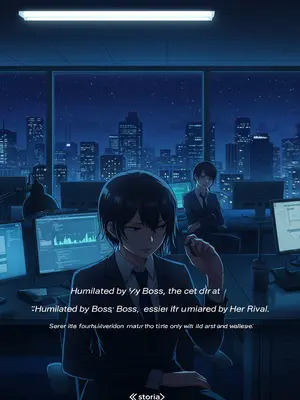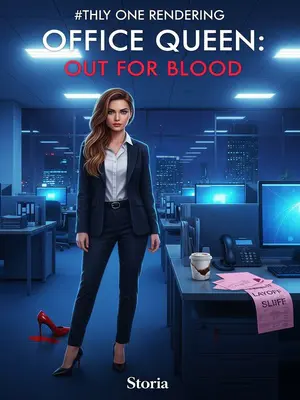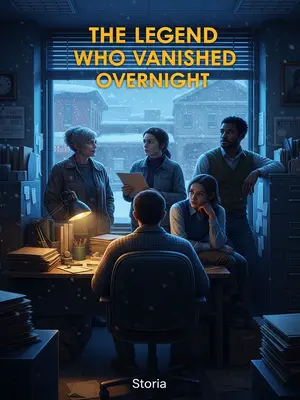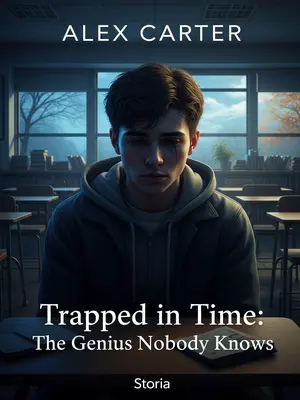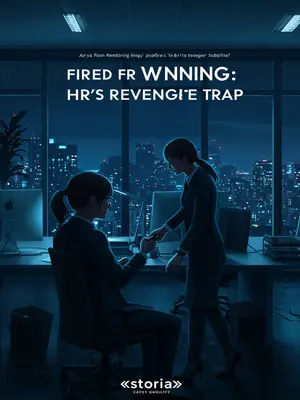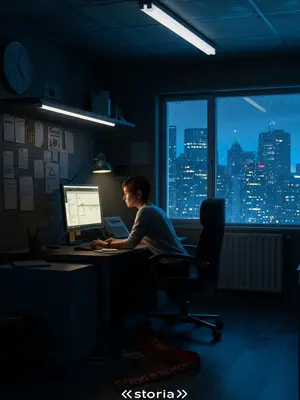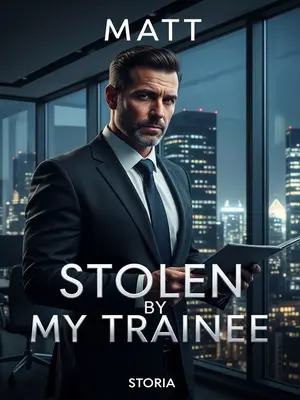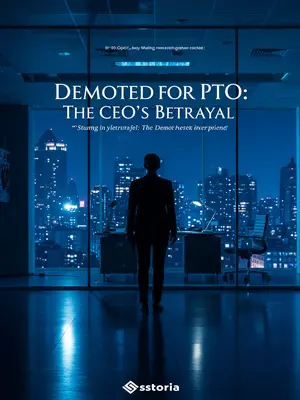Chapter 4: The Final Question
After the scientists swept through, only the proctor and I were left in the testing room. The silence returned, thicker than before. We stood among the leftover papers, both of us unsure what to say.
“Mr. Carter, aren’t you curious where these papers came from?” I asked. I glanced at him, searching his face for any sign that he understood what was happening. He just shrugged, as if he’d run out of theories.
“If those smartest people can’t figure it out, why would I? All I know is that after this, folks like us might finally have a shot at something big.” He winked, almost conspiratorial, like we shared a secret the rest of the world could never crack. For the first time, he seemed almost proud of our role in the whole fiasco.
I was silent for a while, then said, “Mr. Carter, I want to know who sent these papers.” I hesitated, chewing on my bottom lip. The words came out in a whisper, heavy with hope and fear.
“Alright, since no one cares about us now, say what you want to ask—I’ll make the test for you.” He straightened up, rolling his shoulders back like a coach before the big game. His eyes met mine, patient and encouraging.
Then I followed the proctor to the office, and we sat by the computer to make a test. We squeezed into the cramped, paper-strewn office, the glow from the ancient desktop washing our faces in blue light. Mr. Carter cracked his knuckles, ready to type.
“Let’s use the English test template,” I said. “For the question, just write: Please write an essay titled ‘Self-Introduction.’ No word limit, no poetry.” I spoke slowly, choosing my words carefully. Mr. Carter nodded, tapping away at the keyboard, the click-clack echoing in the quiet.
“That’s it?” His eyebrow arched, but he didn’t question it. The challenge hung in the air—a puzzle for a puzzle.
“That’s it.” I nodded, feeling a jolt of anticipation, like I’d just bought a lottery ticket.
“Alright.” He hit print, and the printer whirred to life. I felt the tension ratchet up another notch.
We returned to the testing room, and the proctor announced the test rules—he had probably recited them dozens of times today and would never forget them again. He rattled off the instructions with the practiced ease of a game show host, each word landing with finality. The room felt sacred, suddenly.
“Test begins.” His voice rang out, official and grave. I picked up my pencil, heart thumping in my chest.
With the proctor’s announcement, I began to look forward to the answer in the desk. This time, hope and nerves tangled together. I stared at the desk, willing it to reveal its secret one last time.
Sure enough, soon a sheet appeared in the desk. Unlike before, when all the answers were printed, this one was handwritten, every word neatly written on the lines. I stared at the handwriting, neat and purposeful, as if someone had taken the time to craft each letter. The sight sent a shiver up my spine—it was so personal, so human.
I excitedly took it out, and the proctor also came over, just as excited as I was—our emotions no less intense than those of the scientists earlier. We hovered over the page, both of us holding our breath, united in anticipation. This was more than just another answer sheet—this was the answer, the one we’d been searching for all along.
I cleared my throat and began to read the words on the paper: I took a deep breath and began to read. Whatever was waiting on that page, I knew my life would never be the same.
